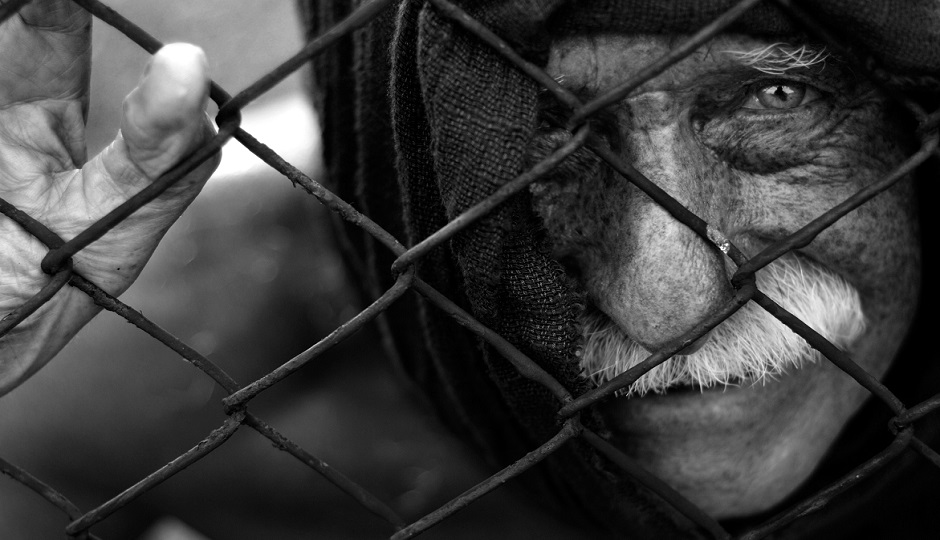In January 2009, the problem of poverty and social exclusion was exacerbated by the imminent prospect of a severe economic crisis in the form of a recession, or even a depression. The issue of poverty and social exclusion was addressed, not by focusing on the methods for dealing with social exclusion—understood to mean the state of being and living conditions of populations affected by one or more disadvantages—but by reporting on the social processes that underlie the formation of poor populations who live in conditions of social exclusion.
This study presents a critical review of the literature on policies designed to fight poverty and social exclusion in Québec and Europe.
The institutional forms that accompany employment-related practice structures, in addition to the distribution of wealth, the organizational representation of stakeholders, social dynamics, etc., provide information about the onset conditions and relative significance of poverty in a historical perspective. Public authorities define their modes of action in the area of employment in accordance with applicable rules and contribute to the renewal or evolution of these rules.
This study presents a critical review of the literature on policies designed to fight poverty and social exclusion in Québec and Europe. It reviews practices targeting poverty and social exclusion and the discussions that accompany them in the literature; provides an analysis of the latest developments in poverty and social exclusion public policy; and documents existing policies, their transformation and their underlying conceptions of poverty and exclusion.
Main researcher: Gerard Boismenu, Université de Montréal
Original title: Pauvreté et exclusion sociale : les enseignements de la comparaison nationale et internationale




